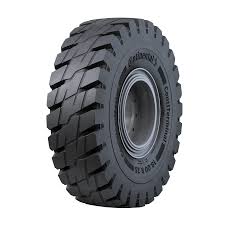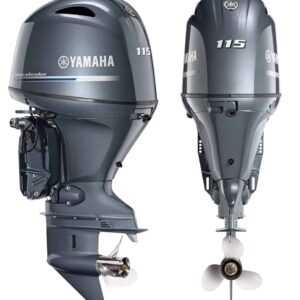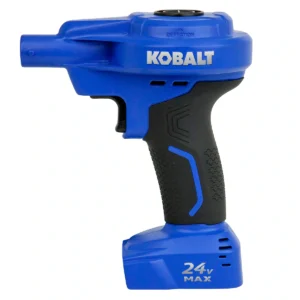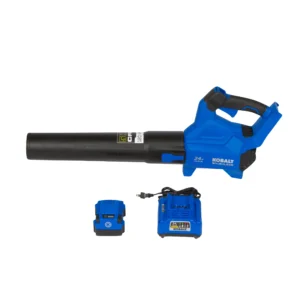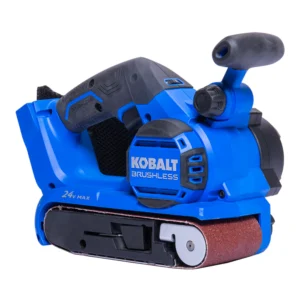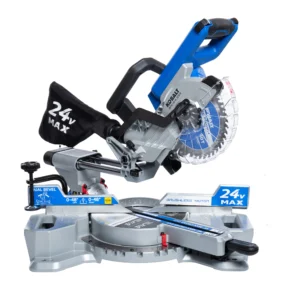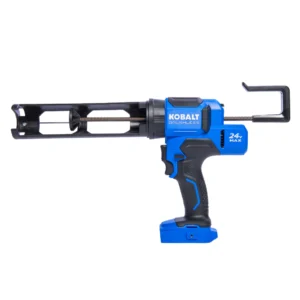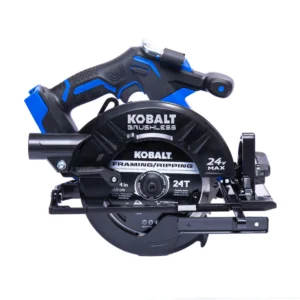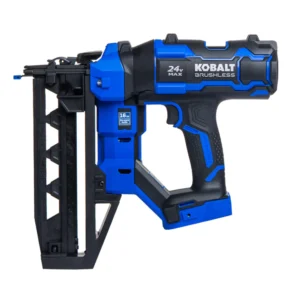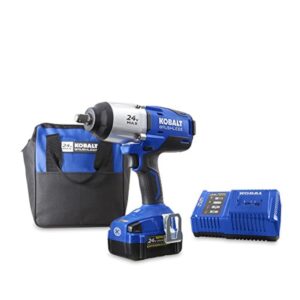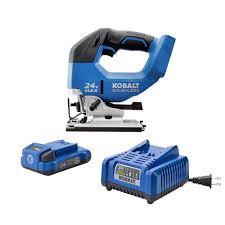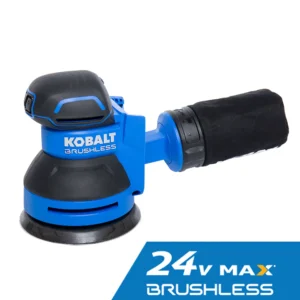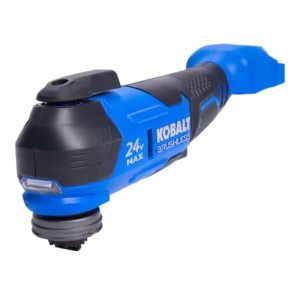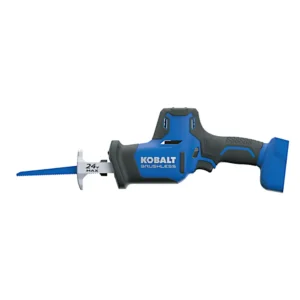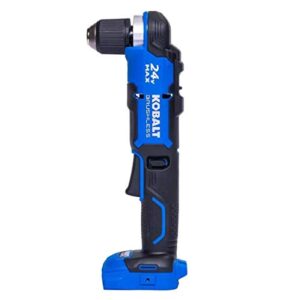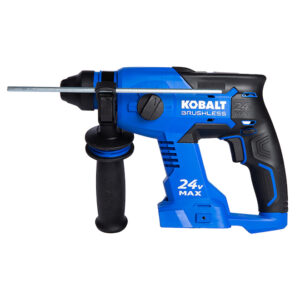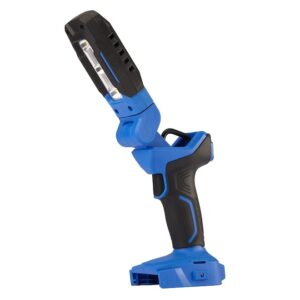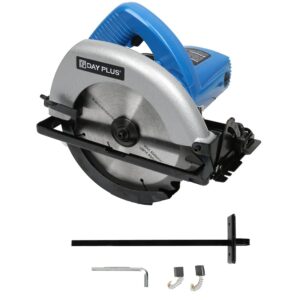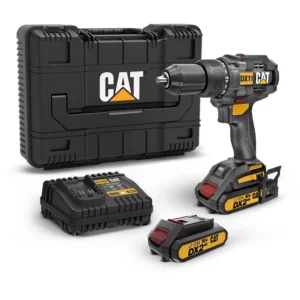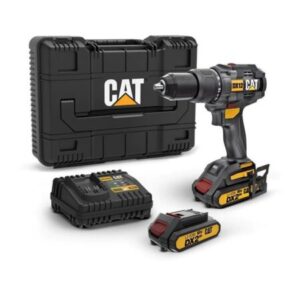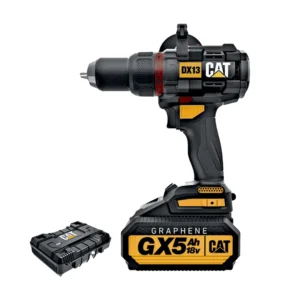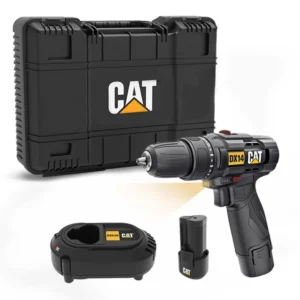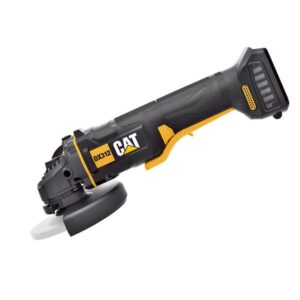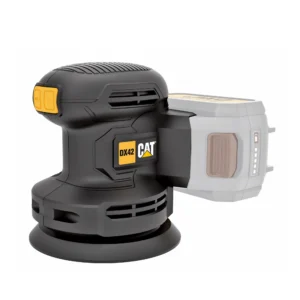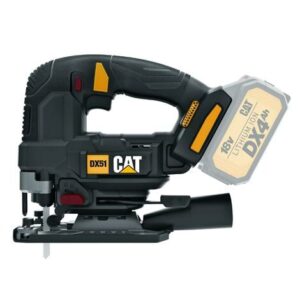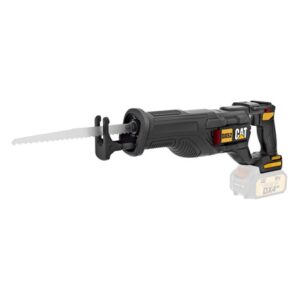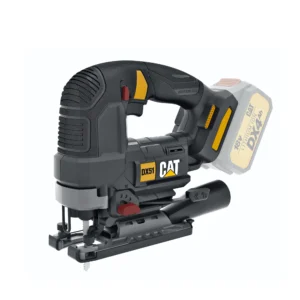Power Tools: The Ultimate Guide for DIYers, Contractors, and Homeowners
Power tools have revolutionized how we build, repair, and create. Whether you’re a professional contractor or a weekend DIYer, power tools make tasks faster, easier, and more precise. From drilling and cutting to sanding and polishing, these tools are essential across countless industries.
In this comprehensive guide, we’ll explore everything you need to know about power tools — including types, benefits, top brands, safety tips, and buying advice. Whether you’re building furniture or renovating your home, this article will help you make informed decisions and get the most out of your tools.
What Are Power Tools?
Power tools are mechanical devices powered by electricity, batteries, compressed air, or fuel, designed to perform specific tasks with minimal manual effort. Unlike hand tools, power tools offer speed, power, and efficiency — making them indispensable in construction, woodworking, metalworking, and even gardening.
Common Power Sources:
-
Corded Electric: Plugged into an outlet for constant power.
-
Cordless (Battery Powered): Portable, powered by rechargeable lithium-ion batteries.
-
Pneumatic: Powered by compressed air, commonly used in industrial settings.
-
Hydraulic or Gas Powered: Often used for heavy-duty tasks like demolition or landscaping.
Types of Power Tools
1. Drills
Used for drilling holes and driving screws. Available in corded and cordless models.
-
Best for: Wood, metal, masonry, and plastic.
-
Subtypes: Hammer drill, rotary drill, impact driver.
2. Saws
Power saws are used to cut various materials with precision and speed.
-
Types include:
-
Circular Saw: Great for straight cuts in wood or plastic.
-
Jigsaw: Ideal for intricate or curved cuts.
-
Miter Saw: Best for angled cuts.
-
Table Saw: Perfect for long, straight cuts in large materials.
-
3. Grinders
Used for grinding, cutting, and polishing metal or masonry.
-
Types:
-
Angle Grinder: Versatile and compact.
-
Bench Grinder: Fixed in place, great for sharpening.
-
4. Sanders
Smooth out surfaces using abrasive sandpaper.
-
Types:
-
Orbital Sander: Light sanding and finishing.
-
Belt Sander: Heavy-duty sanding and stripping.
-
5. Nail Guns
Rapidly drive nails into wood or other materials.
-
Used in: Framing, roofing, furniture making.
6. Rotary Tools
Compact and versatile tools for cutting, grinding, polishing, and engraving.
-
Popular for: Crafts, hobbies, and small-scale projects.
7. Heat Guns
Emit hot air for tasks like paint stripping or bending plastic.
8. Power Screwdrivers
Automate the process of driving screws — ideal for assembly work.
Benefits of Using Power Tools
Efficiency
Tasks that could take hours with hand tools can be completed in minutes.
Precision
Modern power tools offer better accuracy with built-in guides, adjustable settings, and laser markers.
Versatility
Many tools come with interchangeable parts or multiple speed settings for different applications.
Less Physical Strain
Power tools reduce manual effort, making them ideal for extended or repetitive use.
Professional Results
They help users achieve clean, consistent results — especially in carpentry, metalwork, and finishing.
Power Tools for Homeowners
Even if you’re not a professional, owning a basic set of power tools can save you time and money on home repairs and projects. Here are must-haves for every household:
-
Cordless Drill: For furniture assembly, wall hangings, or quick fixes.
-
Jigsaw or Circular Saw: For cutting wood for shelves, DIY furniture, or decks.
-
Orbital Sander: To smooth out woodwork or prep surfaces for painting.
-
Power Screwdriver: Speeds up IKEA-style projects and minor repairs.
Power Tools for Contractors and Professionals
Professionals often invest in more specialized or high-performance tools to handle demanding tasks and high workloads. Some essential tools include:
-
Rotary Hammer Drill: For drilling into concrete and masonry.
-
Cordless Impact Driver: Delivers more torque than standard drills.
-
Table Saw: For precision cuts on large-scale projects.
-
Nail Gun: Improves speed and consistency in framing or roofing jobs.
-
Wet/Dry Vacuum: Cleans job sites efficiently.
Top Power Tool Brands in 2025
Choosing a reliable brand ensures better performance, warranty support, and safety. Here are some top-rated manufacturers:
| Brand | Known For |
|---|---|
| DeWalt | Durability and professional-grade tools |
| Makita | Lightweight, powerful, and innovative designs |
| Bosch | German engineering, precision tools |
| Milwaukee | Heavy-duty and job-site ready tools |
| Ryobi | Affordable, great for homeowners and DIYers |
| Black+Decker | Entry-level tools for casual users |
| Hilti | Premium construction tools and accessories |
Corded vs. Cordless Power Tools
🔌 Corded Tools
-
Pros: Unlimited runtime, generally more powerful.
-
Cons: Requires nearby power outlet; limited mobility.
🔋 Cordless Tools
-
Pros: Portable, versatile, safer for working at heights.
-
Cons: Limited battery life; may need spare batteries.
Tip: Professionals often carry both, choosing based on task duration, mobility needs, and power requirements.
How to Choose the Right Power Tool
Before buying, consider the following:
-
Purpose: Match the tool to the job — don’t overbuy or underbuy.
-
Power Output (Watts or Volts): Higher power is better for heavy-duty tasks.
-
Speed and Torque: Variable speeds offer more control; torque matters for driving tasks.
-
Ergonomics: Choose tools with comfortable grips and balanced weight.
-
Battery Type (for cordless tools): Look for lithium-ion for better charge retention and longer life.
-
Warranty and Support: Reputable brands offer better coverage and service.
-
Safety Features: Automatic shutoff, anti-kickback, blade guards, etc.
Power Tool Safety Tips
Power tools are extremely useful but can be dangerous if mishandled. Here are essential safety rules:
-
Read the Manual: Every tool is different — understand how yours works.
-
Wear PPE: Use goggles, gloves, hearing protection, and dust masks.
-
Keep Workspace Clean: Avoid clutter and ensure proper ventilation.
-
Inspect Tools Regularly: Check for frayed cords, worn parts, or loose attachments.
-
Unplug When Not in Use: Prevent accidental starts.
-
Use the Right Tool for the Job: Improvising can lead to injuries or tool damage.
Maintenance Tips for Longevity
Extend the life of your tools with these simple practices:
-
Clean After Each Use: Remove dust, debris, or sawdust.
-
Lubricate Moving Parts: Prevents rust and ensures smooth operation.
-
Store Properly: Keep tools in dry, secure spaces (toolbox or workshop wall).
-
Charge Batteries Properly: Avoid leaving lithium-ion batteries on chargers too long.
-
Sharpen Blades and Bits: Dull components reduce efficiency and increase risk.
Eco-Friendly and Smart Power Tools
In 2025, the trend toward sustainability and technology integration continues to grow:
-
Brushless Motors: More efficient, produce less heat, and last longer.
-
Smart Tools: Some tools now connect to apps for diagnostics, usage tracking, and theft protection.
-
Eco Materials: Brands are moving toward recyclable packaging and components.
-
Battery Ecosystems: One battery powers multiple tools, reducing e-waste and cost.
Best Places to Buy Power Tools
You can purchase power tools from:
-
Hardware Stores: Home Depot, Lowe’s, Ace Hardware.
-
Online Retailers: Amazon, eBay, Walmart, Toolbarn, Acme Tools.
-
Manufacturer Websites: Makita.com, DeWalt.com, BoschTools.com.
-
Wholesale Clubs: Costco, Sam’s Club often carry discounted kits.
Tip: Look for tool bundles or combo kits — they often provide better value for money.
Final Thoughts
Power tools are an investment in productivity, creativity, and convenience. Whether you’re remodeling your home or building a new deck, the right tool can make all the difference. By understanding your needs, choosing quality brands, and practicing safety, you’ll set yourself up for success — one project at a time.
Frequently Asked Questions (FAQs)
Q1: What are the essential power tools for beginners?
A: Cordless drill, circular saw, jigsaw, orbital sander, and a power screwdriver are great starter tools.
Q2: Are cordless tools as powerful as corded ones?
A: Modern cordless tools with brushless motors and 18V–20V batteries often rival corded models in power and performance.
Q3: How long do power tools last?
A: With proper care, quality tools can last 5–15 years or more.
Q4: Can I use power tools outdoors?
A: Yes, but ensure they are rated for outdoor use and protect them from moisture and dirt.
Q5: Are refurbished power tools worth buying?
A: Refurbished tools from trusted brands or sellers can offer excellent value if they come with warranties.
power tools
Showing 1–30 of 347 results
-
power tools
24V Max Caulking Gun
the 24V Max Caulking Gun stands out for its combination of power, efficiency, and ease of use. Whether you are a contractor, DIY enthusiast, or maintenance professional, understanding the benefits and features of a 24V Max caulking gun can elevate your work quality and save time.
SKU: n/a -
power tools
24V Max Circular Saw (6-1/2″ & 7-1/4″)
If you are a DIY enthusiast, professional carpenter, or contractor looking for a powerful yet portable cutting tool, the 24V Max Circular Saw might just be your next favorite tool. Combining the convenience of cordless technology with impressive cutting power, 24V Max circular saws deliver reliable performance for a variety of cutting tasks.
SKU: n/a -
power tools
24V Max Impact Wrench
In the world of power tools, the 24V Max Impact Wrench has emerged as a favorite among professionals and DIY enthusiasts alike. Offering a perfect blend of power, portability, and efficiency, this tool is revolutionizing how we approach fastening and loosening bolts and nuts. Whether you are working on automotive repairs, construction projects, or heavy machinery maintenance, the 24V Max Impact Wrench is designed to provide high torque output with minimal effort.
SKU: n/a -
power tools
24V Max Jigsaw
The 24V Max Jigsaw is revolutionizing woodworking, metal cutting, and general construction projects by combining portability with powerful performance. As part of the new wave of cordless tools, a 24V Max jigsaw offers precision, versatility, and long battery life
SKU: n/a -
power tools
24V Max Oscillating Multi-Tool
In the world of versatile power tools, few can match the adaptability and efficiency of the 24V Max Oscillating Multi-Tool. Whether you’re a DIY enthusiast, professional contractor, or weekend warrior, this cordless oscillating tool is a must-have addition to your tool arsenal.
SKU: n/a -
power tools
24V Max Reciprocating Saw
Whether you’re a seasoned contractor or a DIY enthusiast, a 24V Max reciprocating saw provides an excellent blend of power, mobility, and battery longevity. With the increasing demand for cordless tools that can match corded performance, the 24V Max reciprocating saw is quickly becoming a favorite in job sites and home workshops alike.
SKU: n/a -
power tools
24V Max Right Angle Drill
Designed for drilling and driving in hard-to-reach areas, this specialized cordless drill offers the perfect combination of power, portability, and versatility. With its compact design and high torque output, the 24V Max right angle drill is redefining what’s possible in woodworking, metalwork, plumbing, and electrical installations.
SKU: n/a -
power tools
24V Max Rotary Tool
When it comes to versatile, powerful, and portable power tools, the 24V Max rotary tool stands out as a top choice for DIY enthusiasts, craftsmen, and professionals alike. Combining cordless convenience with high performance, these tools offer an excellent balance of power and portability, making them essential in many toolkits.
SKU: n/a -
power tools
24V Max Work Light
Work lights are essential tools on construction sites, garages, workshops, and during home improvement projects. Among the various options available, the 24V Max Work Light has emerged as a top choice for professionals and DIY enthusiasts alike due to its powerful illumination, portability, and battery efficiency.
SKU: n/a -
power tools
7.5 Amp Corded Circular Saw
If you’re in the market for a reliable, powerful, and efficient cutting tool, a 7.5 amp corded circular saw might just be what you need. Whether you are a professional contractor or a DIY enthusiast, this versatile tool offers great value, excellent performance, and dependable cutting power for a variety of woodworking and construction projects.
SKU: n/a

